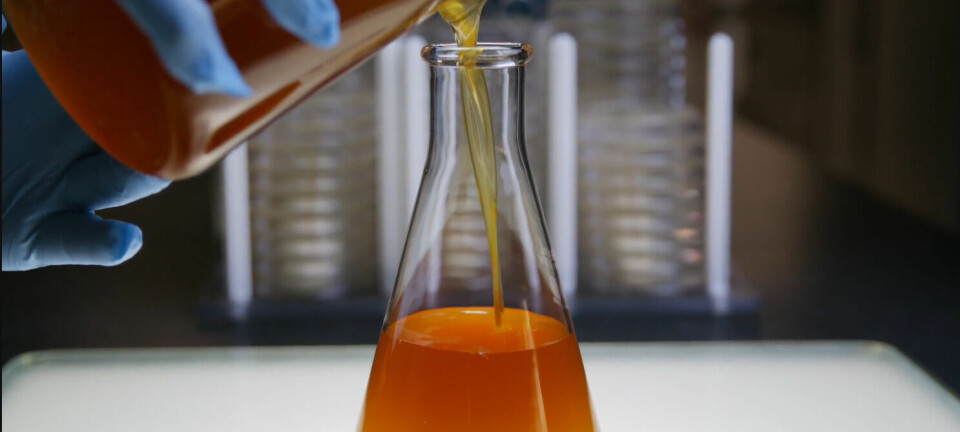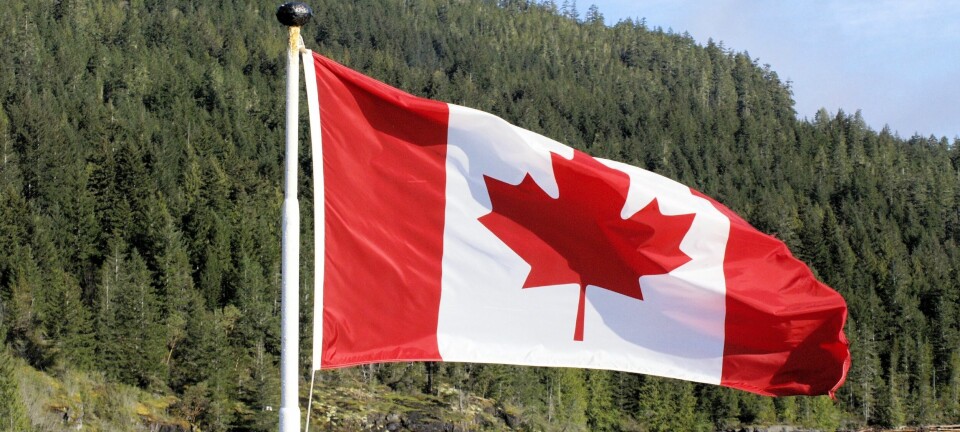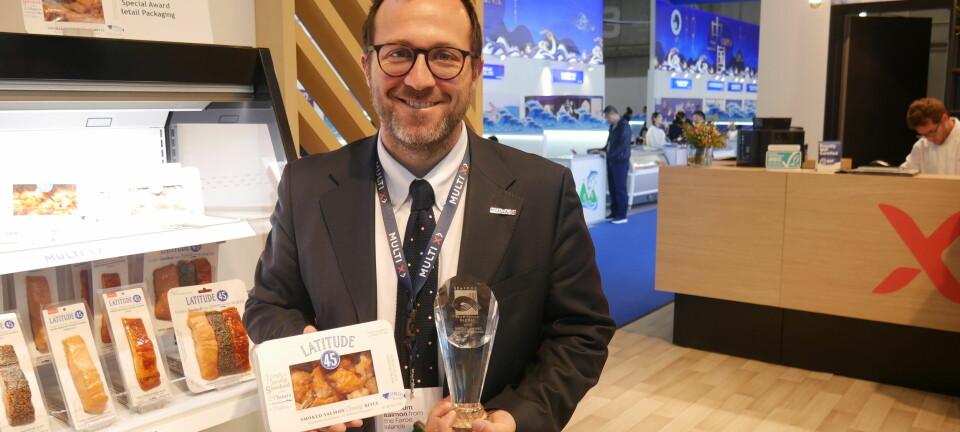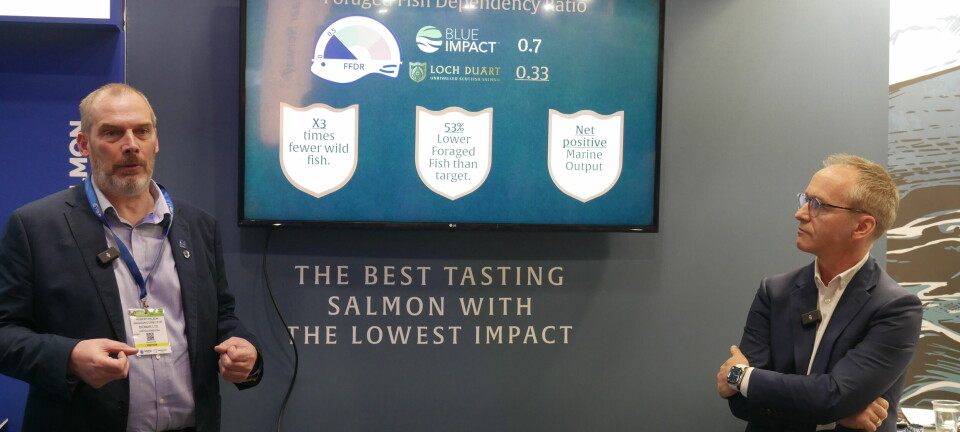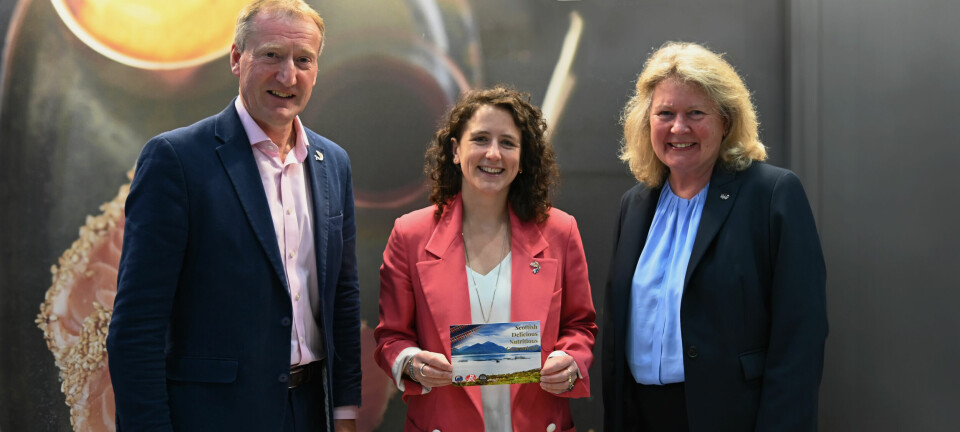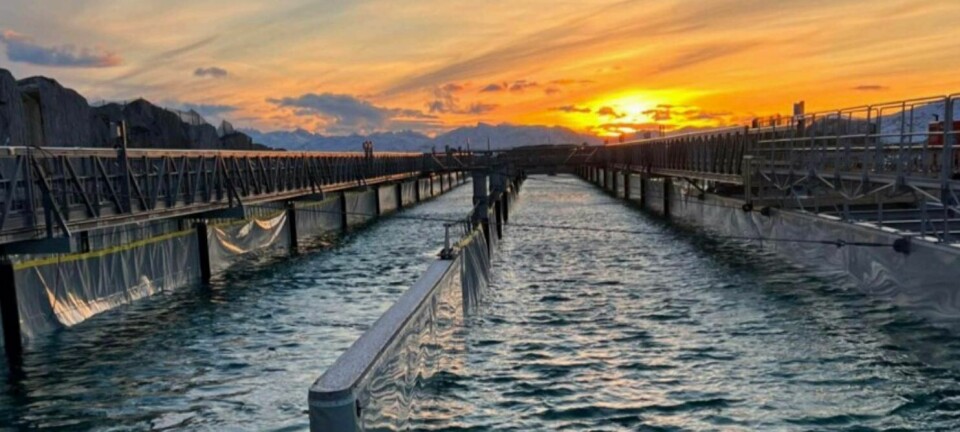
ISA forces farm to kill 900,000 unharvestable fish
A Norwegian fish farmer is to slaughter 900,000 unharvestable salmon after routine monitoring revealed signs of infectious salmon anaemia (ISA).
Bremnes Seashore today announced the detection of the ISA virus at their Gissøysundet farm, located on the west side of Bømlo in Sunnhordland.
The company’s chief executive, Einar Eide, told kyst.no that the biomass comes from its own hatchery.
“There are 900,000 fish at the site with an average weight of 2.1 kg, so it is a biomass of around 2,000 tons,” Eide said.
Regular sampling
He said there had not been any increased mortality among the salmon.
"Findings under regular sampling made us choose to test the fish for ISA virus," he said.
"We have not yet received any decision for the Norwegian Food Safety Authority, but expect to have a quick decision on the issue, as it is an A-listed disease.
"We must pick up and slaughter fish that are not yet harvestable. We will try to smooth it out by taking smaller fish from other places, but it will no doubt affect our production.”
Spared for ten years
Eide stressed that they have nothing to indicate that they have an increased risk of infection of the virus in the area.
“We have been spared this disease for over ten years, and now the industry in the area has had two cases of the virus this year. We hope and think this is an exception, and that we do not get the disease again in the future,” he added.
In May, ISA disease was detected at Lingalak's Nebbo site in Kvinnherad / Sunnhordaland.
Bremnes Seashore is one of the largest privately owned salmon farming firms in Norway. The company has farming facilities in Hardanger, Sunnhordland and Rogaland, which are spread across 23 locations. In addition, it has three facilities for the production of fry.
It has over 280 employees spread across 30 towns and sites, and produces an average of 160 tonnes of salmon products per day.
